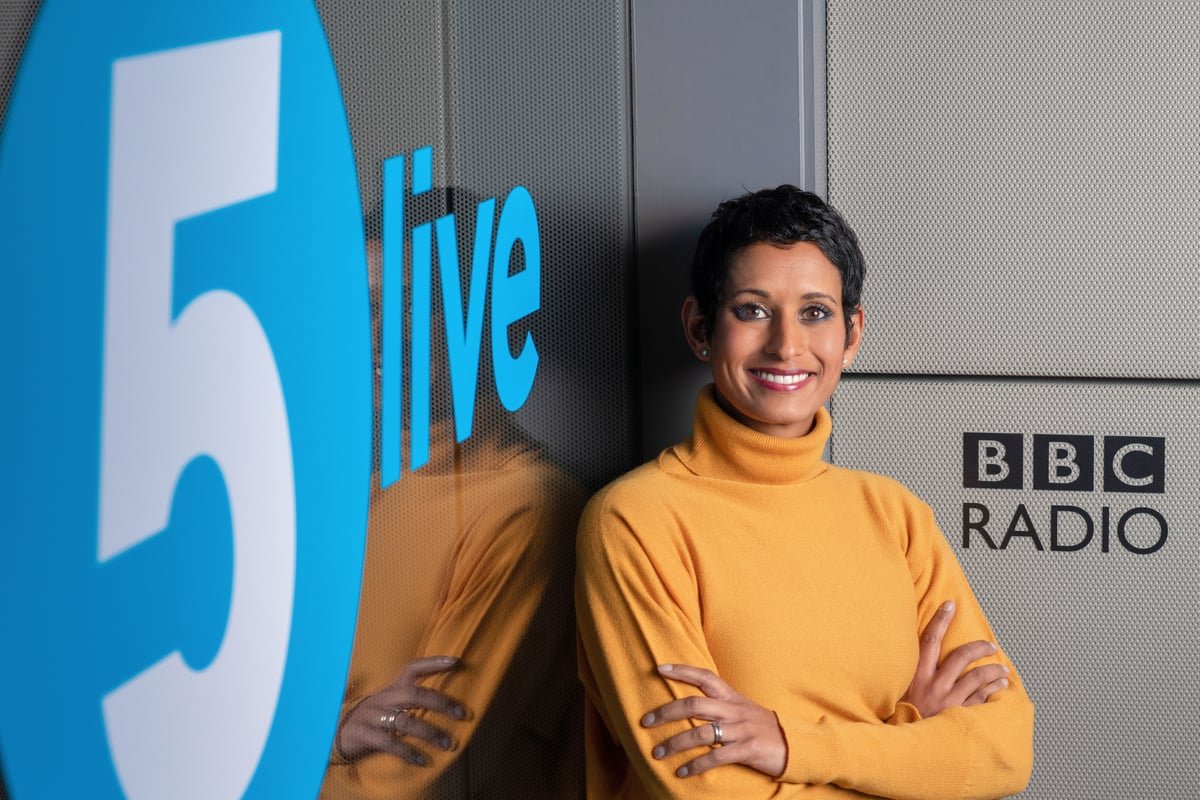Images of the BBC Breakfast presenter have been used to direct people to fake websites, Munchetty said.
Naga Munchetty (BBC/PA)
PA Media
Charlotte McLaughlin4 minutes ago
Sign up to our free weekly newsletter for exclusive competitions, offers and theatre ticket deals
I would like to be emailed about offers, event and updates from Evening Standard. Read our privacy notice.
Naga Munchetty has said she was “mortified and bemused” by misleading articles about her posted by alleged scammers.
The BBC Breakfast presenter, 49, said she is used to “misleading articles about myself online, but the screenshots I’ve been sent by friends and followers on social media in recent weeks are a lot more insidious than most”.
Munchetty wrote: “I was both mortified and bemused, curious about who would pay good money to spread such obvious nonsense. And what was their motive? Is it something malicious? Someone with an axe to grind?
“I discussed it with my 5 Live production team, and we began to dig into it more. It soon became apparent that my name and image were being used by scammers to try to hoodwink people out of money.”
BBC wildlife presenter Chris Packham spoke to her on BBC 5 Live about having the same thing happen to him on the Bluesky social media site.
He said the fake news websites encouraged people to invest in cryptocurrency, and take the “authority, the integrity, the credibility” of the BBC and trusted public figures.
Packham also called it “extraordinarily offensive, and worrying”, and said he “loathes the idea that vulnerable people could potentially be exploited” because of “some hideous scammers”.
Munchetty said the BBC legal department had fake websites taken down through copyright law, but she has been “told another website is likely to pop up soon enough, and getting ads taken down from X has become more difficult since it changed ownership”.
A Meta spokeswoman said: “People who impersonate others on Facebook and Instagram violate our policies, and we remove this content when it’s found — like we are doing in this case.
“We continue to invest in technology to improve our detection and enforcement against scams and work with law enforcement to prosecute scammers.”
The company, which owns Facebook and Instagram, has a policy of not allowing users to “impersonate others, misrepresent their identity to mislead or deceive others, violate our policies or to evade enforcement”.
Meta automatically removes accounts that do this, and has updated its policies at various points.
X and Bluesky have been contacted for comment.


